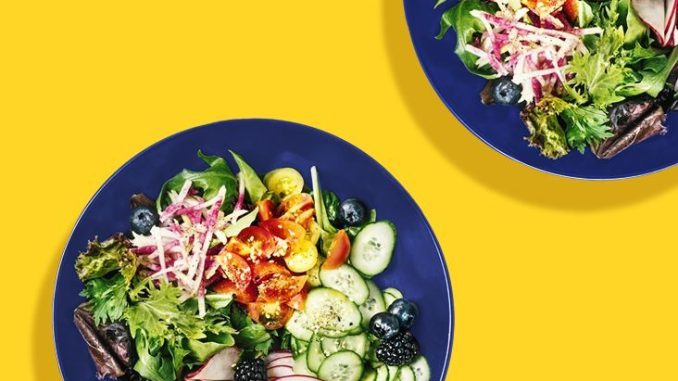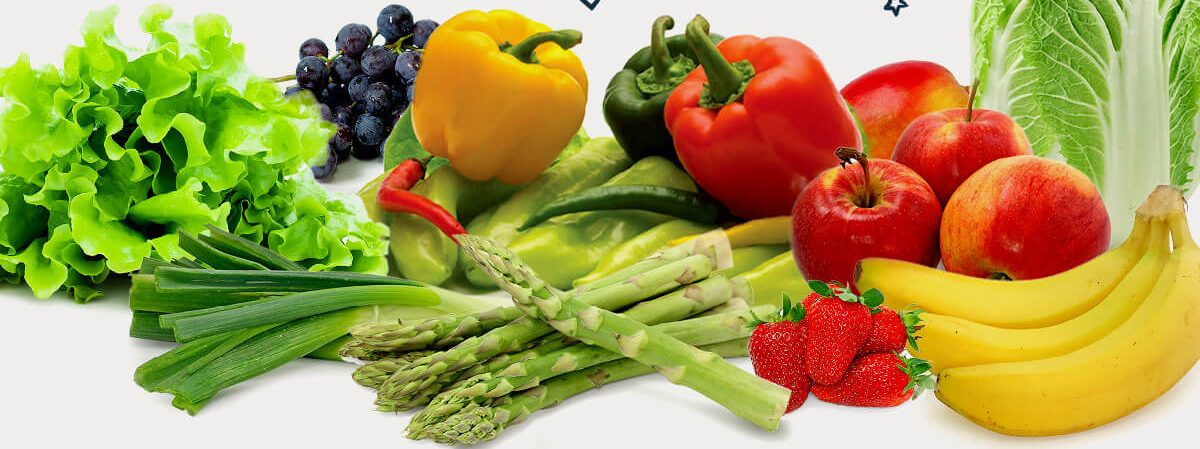
Ensuring that you consume a balanced and nutrient-dense diet is crucial for maintaining good health and overall well-being. Building a plate that is rich in essential nutrients can help support your immune system, boost energy levels, and improve your overall quality of life. In this article, we will explore some tips and strategies to help you create a nutrient-dense plate every day.
Choose a Variety of Colorful Fruits and Vegetables
One of the easiest ways to ensure that your plate is packed with essential nutrients is to include a variety of colorful fruits and vegetables. Different colors in fruits and vegetables are often a sign of different nutrients, so aim to include a rainbow of colors on your plate. For example, red fruits and vegetables like tomatoes and strawberries are rich in antioxidants, while green leafy vegetables like spinach and broccoli are high in vitamins and minerals.
Incorporate Lean Protein Sources
Protein is essential for building and repairing tissues in the body, so be sure to include lean protein sources in your meals. Some examples of nutrient-dense protein sources include chicken, fish, tofu, and legumes. Try to incorporate protein into each meal to help keep you feeling full and satisfied throughout the day.
Add Whole Grains for Fiber and Energy
Whole grains like quinoa, brown rice, and oats are excellent sources of fiber and can help provide a sustained source of energy throughout the day. Fiber is also important for maintaining a healthy digestive system and can help prevent constipation. When building your plate, aim to make at least half of your grains whole grains for maximum nutrient density.
Include Healthy Fats in Moderation
Healthy fats like avocados, nuts, and olive oil are important for brain health, hormone production, and absorption of fat-soluble vitamins. While fats are calorie-dense, they are an essential part of a balanced diet and should be included in moderation. Try to incorporate sources of healthy fats into your meals, such as adding avocado to salads or using olive oil as a dressing.
Limit Added Sugars and Processed Foods
Avoiding added sugars and processed foods is key to building a nutrient-dense plate. These types of foods are often high in empty calories and can lead to weight gain and other health issues. Instead, focus on whole foods that are minimally processed and rich in essential nutrients. Make sure to read food labels and choose products with minimal added sugars and artificial ingredients.
Conclusion
Building a nutrient-dense plate every day is essential for maintaining good health and overall well-being. By incorporating a variety of colorful fruits and vegetables, lean protein sources, whole grains, healthy fats, and limiting added sugars and processed foods, you can create balanced and nutritious meals that will support your health goals. Remember to listen to your body’s hunger and fullness cues, and make adjustments to your plate as needed to ensure that you are meeting your nutrient needs.
Copyright © 2023 TechCopywriter. All rights reserved.
